Hunters are the force behind conservation in this country, as exemplified by the Minnesota Department of Natural Resources’ decision to greatly limit the number of whitetail deer licenses for the coming year.
Hunters manage wildlife population, not just harvest the surplus. Although hunter larders will be a bit less full this year, I doubt that Minnesota hunters will complain, because they understand that the deer population needs a breather to recover.
In addition, much of the funding for the state’s natural-resources organizations, including wildlife biologists, comes from Pittman & Robinson monies through taxes on sportsmen. Learn more about the decision in this OutdoorHub.
Minnesota hunters may not be surprised to hear that the 2014 season will be the state’s most conservative in the last 20 years. On Wednesday, Minnesota’s Department of Natural Resources (DNR) announced that chances to hunt anterless deer will be restricted and that bag limits have been slashed.
“Hunters should check the 2014 hunting regulations closely because only one deer can be harvested in 95 percent of the state,” said the DNR’s big game program chief Leslie McInenly, “To shoot a doe, hunters may have to apply for a permit in areas where they haven’t in the past and, in some places, no antlerless harvest will be allowed.”
Officials hope that a more restrictive hunting season will allow the deer population to recover after a series of severe winters. Minnesota was one of the many states hit hard by the 2013-2014 winter, so much so that the DNR authorized more than $200,000 in supplementary feeding for the deer. The Star Tribune reported that over 500 tons of deer feed was distributed by volunteers in an effort to save the deer, especially in the northwest regions of the state.
“Many hunters voiced concerns about current deer densities and their hunting experiences in recent years. We heard from hunters at the listening sessions we conducted, in the online comments we solicited and by contacting us directly,” McInenly said. “This past winter only added to those concerns so this year’s conservative approach will protect more antlerless deer, reduce the statewide harvest and allow the population to rebound.

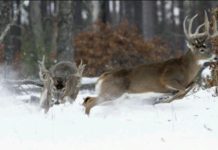
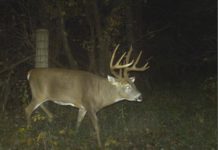
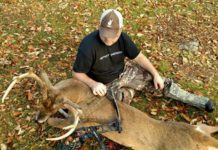
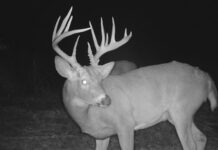


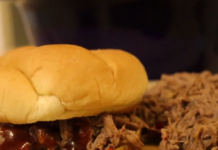

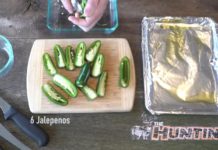
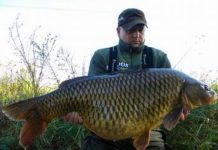
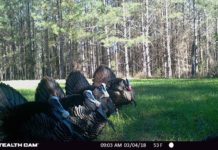

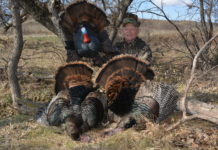

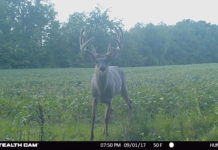
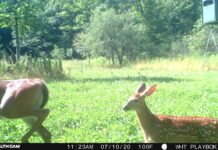
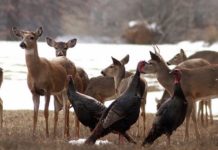
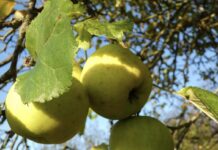
![The Best Deer Camp Chili [VIDEO] Deer Chili Ingredients, Tomatoes, Chili Spices](/wp-content/uploads/2015/10/Deer-Chili-Deer-Camp-Recipe-218x150.jpg)
![How to Call Elk Early in the Season [VIDEO]](/wp-content/uploads/2016/08/byers003-218x150.jpg)

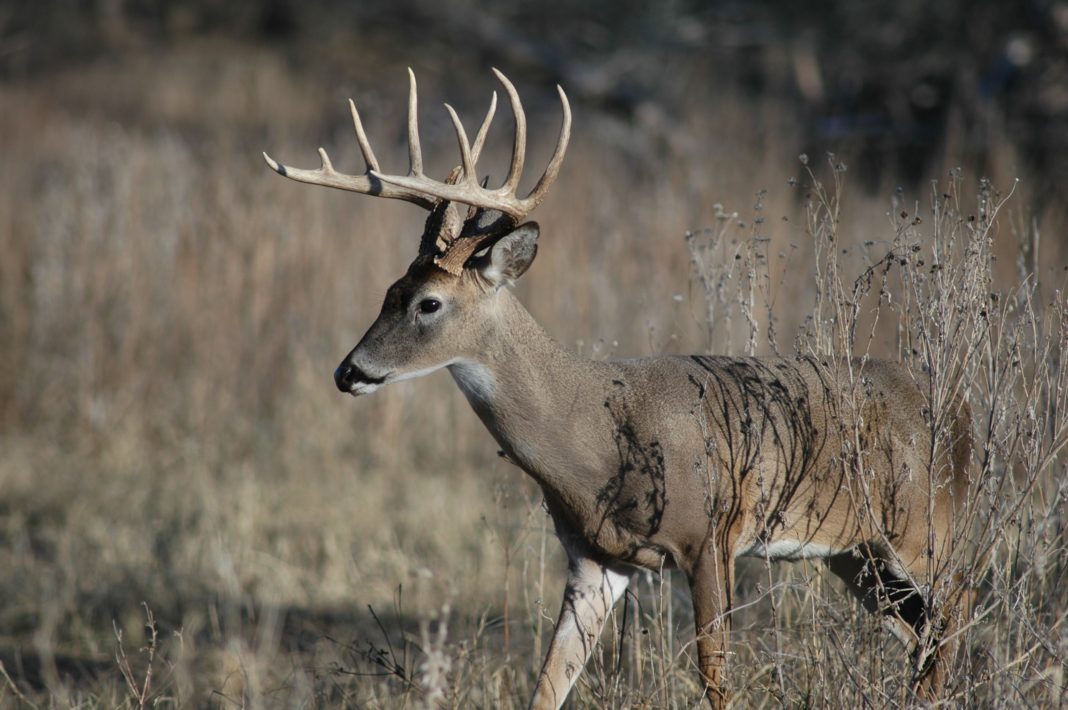


![Idiots Disturb Hunter: How Would You Have Handled It? [VIDEO]](/wp-content/uploads/2015/10/DSC00110-e1474487693878-100x70.jpg)
![Albino Buck Shocked to Shed His Antlers [VIDEO]](/wp-content/uploads/2015/10/AlbinoDeer-100x70.jpg)